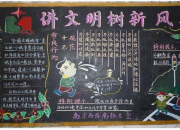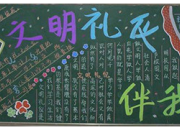关于介词语法小讲
时间:2021-08-31介词是一种表示名词和句中其他词之间关系的词,它不能单独作句子成分,后接名词、代词等作其宾语。
一、介词搭配
介词常与名词、动词、形容词等搭配。
(一)与名词搭配
如:
in deficit (赤字,逆差)
approach to (……的方法)
in the wake of (紧紧跟随,随着……而来)
from scratch (从零开始)
例句: China also signed a long?term trade agreement with the EEC in 1978 while trade with the USA has increased rapidly in the wake of the normalization of diplomatic relations at the beginning of 1979.
分析: 该句是并列句。
译文: 1978年中国还与欧洲经济共同体签署了长期贸易协议;随着1979年初与美国外交关系正常化的到来,中国与美国的贸易也迅速增长。
(二)与动词搭配
如:
move along (沿着)
bustle about (匆忙)
buoy up (上升)
rein in (抑制)
pass down (使流传)
例句: The decline was partly caused by India?s reining in of its budget deficit and the short?term effects of the implementation of strong emergency stabilization measures.
分析: 该句是简单句。
译文: 衰退的部分原因是印度抑制其预算赤字及推行强有力的紧急稳定措施的短期效果。
例句: Yet most ancestry testing only considers a single lineage, either the Y chromosome inherited through men in a father?s line or mitochondrial DNA, which is passed down only from mothers. (选自2009年Text 2)
分析: 该句是复合句,句子主干是most ancestry testing only considers a single lineage, either...or...引导的并列短语作a single lineage的同位语,which is passed down only from mothers是一个修饰mitochondrial DNA的非限制性定语从句。
译文: 然而,许多血统检测仅仅考虑一个单一的血统,要么是遗传来自父亲家庭里的Y染色体,要么是仅从母亲那里遗传下来的线粒体DNA。
(三)与形容词搭配
如:
amenable to (对……负责)
conducive to (对……有益)
awkward for (对……不便,对……不合适)
例句: Korea traditionally has made things awkward for foreigners in terms of its financial systems, its real estate laws and so forth.
分析: 该句是简单句。
译文: 韩国传统上一直在金融体制、不动产法等方面让外国人感到极不方便。











